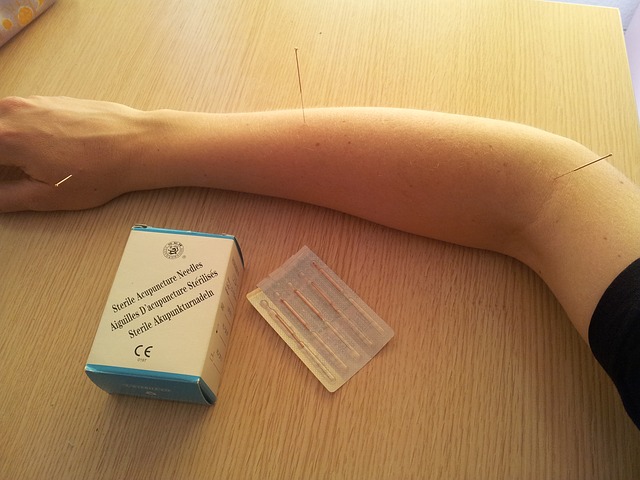Acupuncture has a very wide field of action. It can be used for preventive, therapeutic or complementary treatments depending on the case.
The accumulation of evidence on acupuncture now makes it possible to better identify the conditions that respond to it based on high-level meta-analyses and systematic reviews. A total of 46 conditions were identified in 2017 as having sufficient data to initiate research-based conclusions.
The following eight conditions have accumulated the highest level of evidence and this evidence is sufficiently high and conclusive that acupuncture can be recommended and integrated into treatment plans.
- Allergies: seasonal and perennial allergic rhinitis
- Headaches: chronic tension headache or chronic episodic headache
- Migraines: crisis prevention
- Chronic low back pain
- Post-operative pain
- Post-operative nausea and vomiting
- Chemotherapy-related nausea and vomiting (with antiemetics)
- Osteoarthritis of the knee
Similarly, acupuncture has also shown a positive effect for 38 other conditions following individual randomized controlled trials (RCTs), combined RCT results or meta-analyses. The quality of evidence is moderate to high. The authors of the reviewed research conclude that the use of acupuncture can also be considered in the treatment of these conditions but recommend that further research be accumulated to reinforce the positive results obtained.
- Cerebrovascular Accident (Stroke)
- Sharp ;
- After stroke: pain, insomnia, rehabilitation, spasticity;
- Outpatient anesthesia
- Craniotomy anesthesia
- Smoking cessation (3 months)
- Asthma in adults
- Various pains
- Cervical ;
- Elbow (lateral);
- Shoulder (with exercise) ;
- Acute low back pain;
- Prostatitis;
- Chronic pelvic pain syndrome ;
- Sciatica;
- Heel and sole of the foot;
- Temporo-mandibular (joint);
- Gastrointestinal
- Constipation,
- Irritable bowel syndrome
- Hypertension (with medication)
- Insomnia
- Modulation of the sensory perception threshold
- Obesity
- Obstetrics
- Back or pelvic pain during pregnancy or childbirth
- Dry eye
- Oncology
- pain,
- fatigue,
- recovery after certain colorectal surgeries,
- aromatase inhibitor-related arthralgia
- Post-Traumatic Stress Disorder
- Restless Legs Syndrome
- Menopause
- hot flashes, insomnia
Quality of Evidence

The Acupuncture Evidence Project, published in January 2017, reviewed the literature cited by Pubmed and Cochrane between March 2013 and September 2016 specifically looking at research level publications with systematic reviews and meta-analyses. The objective is to identify the level of evidence for the conditions with the most accumulated data.
Allergies
- McDonald 2016 (high-level RCT): Perennial allergic rhinitis. Significant improvement in symptoms and quality of life compared to the control group. Decreased levels of total IgE immunoglobulins and dust mite specific IgE as well as a decrease in P-subsance (precursor of histamines).
- Feng 2015: A systematic review of 13 randomized clinical trials (RCTs) demonstrates a significant improvement in rhinitis and rhino-conjunctivitis symptoms according to the “RQLQ” (rhinoconjunctivitis quality of life questionnaire).
- Taw 2015: A systematic review of two(2) large multi-center RCTs, three(3) RCTs comparing acupuncture and medication, and one(1) cost vs. effectiveness and efficiency study.
- Seidman 2015: The clinical guidelines issued by the American periodical specializing in ENT, the Otorhinolaryngology Head Neck Surgery Journal (OHNSJ), mention acupuncture in their recommendations as a valid non-pharmacological treatment for allergic rhinitis.
- Xue 2015: a high level randomized clinical trial shows a significant level of symptom improvement compared to the control group. Four weeks of acupuncture treatment has proven to be a safe and effective option for the management of seasonal allergic rhinitis symptoms. Xue et al. conclude that acupuncture can relieve symptoms and improve the quality of life of patients in the Melbourne area.
- Kim 2012: Cost-benefit-effectiveness study on acupuncture. Acupuncture has also been shown to be cost-effective for dysmenorrhea, allergic rhinitis, osteoarthritis, and headaches.
- Reinhold 2103: Acupuncture demonstrates a superior effect on the QUALY index (index measuring Quality of Life) than medication. However, in the short term, the costs of acupuncture may be higher.